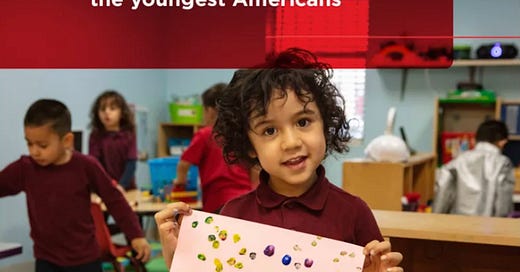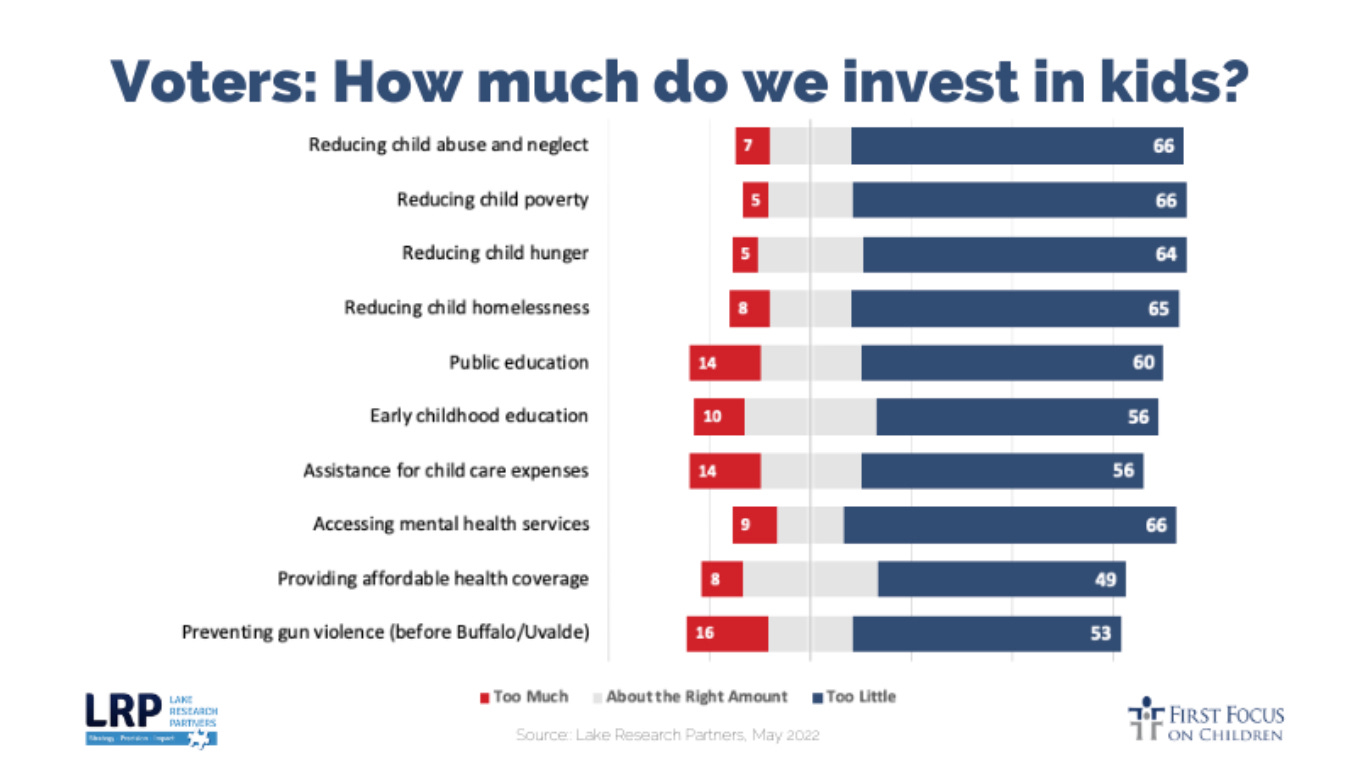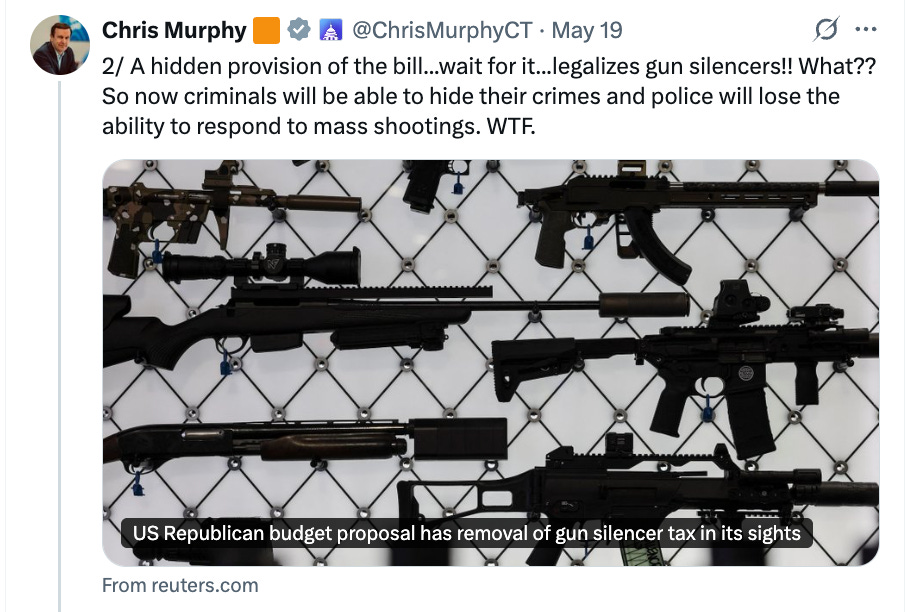When you ask American parents what they want most for their children, the answers they give are often simple: a healthy start, enough food on the table, to be safe and sound, and to have a fair opportunity to grow, learn, thrive, and achieve their full potential.
These hopes are in everyone’s interest, as the success of our children and grandchildren benefits society and the future of our country.
Yet today, those basic needs are under threat for millions of children in the United States in order to pay for trillions of dollars in tax cuts for corporations and the wealthy. The Trump Administration and Congress are threatening access to health care, food assistance, the Child Tax Credit, and an array of other important services and lifelines for children and families in what amounts to a devastating assault on their future.
In the wee hours of the morning today, the House of Representatives passed a bill that would significantly harm our nation’s children, particularly those who need investments, support, and protection the most, by the narrowest of margins: 215-214 vote.
A new report titled Children Under Attack, co-released by UnidosUS, First Focus on Children, and the AFL-CIO, lifts the veil on these threats and lays out the enormous stakes. The report reveals that millions of kids who rely on Medicaid for doctor visits, asthma treatment, immunizations, and emergency care, and Supplemental Nutrition Assistance Program (SNAP, formerly known as food stamps) for daily nutrition, are in the crosshairs of federal budget proposals that seek to gut these vital programs.
What House congressional leadership is proposing isn’t just reckless — it’s historically unprecedented.
Let’s be clear: cutting these services is a political choice. And for our children — voiceless, voteless, and too often invisible in policy debates — they stand to lose the most.
Source: UnidosUS, Children Under Attack, May 2025
Double Jeopardy: 14 Million Children Are at Risk of Losing Both Health Care and Food
Of the millions of children whose lives are directly affected by this policy assault, an astonishing 14 million depend on both Medicaid and SNAP. These are children facing “double jeopardy” — one blow to their access to health care, and another to their ability to get enough to eat. These two programs are designed to work in tandem, offering a foundation of support that helps children during their most critical years for development.
When you remove both pillars at once, the consequences compound. Children lose access to pediatricians and lose dinner in the same month. A child’s chronic ear infection may go untreated, while their family also struggles to afford milk or fresh produce. These are the kinds of silent emergencies that unfold not in the headlines, but in homes across America mostly out of public view.
The idea that the richest country in the world would allow such vulnerability to exist — let alone intensify it through policy — is unconscionable.
The Largest Cuts to Medicaid and SNAP in U.S. History
The federal budget reconciliation bill, which I am calling the Big, Terrible, Horrible, No Good, Very Bad Bill and has now passed the House, includes the largest proposed cuts to both Medicaid and SNAP in American history.
If enacted in this form by the Senate, the proposed legislation would slash funding for these core programs in a way that would reverberate across generations.
This isn’t about budget discipline. The bill provides trillions of dollars in tax cuts to corporations and wealthy individuals. Instead, it’s about budget destruction with kids being targeted for disproportionate harm.
The bill’s proposed changes would impose stricter eligibility requirements, add burdensome paperwork, and reduce federal funding levels to children, all of which translate into fewer kids covered and fed. Cuts of this scale are not made in a vacuum. They are made with full knowledge that stripping these supports from families will leave millions of children without health coverage, undermine educational success, and increase child poverty, hunger, homelessness, and child abuse. Kids with special needs or with difficult family circumstances are most susceptible to falling into the bureaucratic maze and losing care and services.
History and research have shown us that when we expand access to Medicaid and SNAP, children’s health improves, school attendance rises, and long-term outcomes — including high school graduation and employment — increase.
The Domino Effect: Losing One Program Jeopardizes Others
It’s important to understand that losing Medicaid doesn’t just mean losing health care. Because our social safety net is so interconnected, losing eligibility for one benefit often cascades into losing others.
For instance, eligibility for free or reduced-price school meals is often tied to enrollment in Medicaid or SNAP. Children who are eligible for SNAP are categorically eligible for Head Start, which provides child care and comprehensive health services for children and families. Likewise, the Special Supplemental Nutrition Program for Women, Infants, and Children (WIC), which provides vital nutrition to babies and pregnant mothers, is often accessed through referrals that originate from Medicaid providers.
That means a child who misses a Medicaid renewal deadline could lose access to lunch at school, formula at home, and the doctor who tracks their developmental milestones: all at the same time. These aren’t unintended consequences. They’re the result of a system designed more for gatekeeping and bureaucratic red tape rather than for care.
Technology Can Be a Tool of Justice — or Injustice
Much of the debate over Medicaid and SNAP enrollment today centers around technology. States are being encouraged to use technology to impose additional barriers to care by increasing eligibility checks, increasing paperwork requirements, and demanding that children and families jump through endless hoops to obtain much-needed health and nutritional services.
The fact is that technology is only as humane as the policies behind it.
Used well, technology can simplify enrollment, alert families to renewals, and automatically keep eligible children enrolled and cared for. Used poorly, whether by accident or on purpose, it becomes an engine of exclusion: churning families off coverage due to minor errors, missed emails, or confusing forms. The same systems that could help families stay supported are now being used to trigger disenrollments, denials, and harm.
Consider that in recent redetermination cycles, millions of children were disenrolled from Medicaid coverage, not because they were ineligible, but because their families couldn’t navigate the process.
That’s not accountability. That’s cruelty and denial of care by design.
Young Children Pay the Highest Price
Among all children at risk, those under age five are especially vulnerable. In these early years, nutrition and health care aren’t optional extras — they are the building blocks of brain development, motor skills, immune system resilience, and emotional regulation.
Research shows that even short-term gaps in food or medical access can result in long-lasting harm, including language delays, behavioral problems, and lower academic achievement. The effects ripple out: a child who misses key vaccinations, asthma care management, or oral health care is more likely to fall behind in school attendance, and a toddler who experiences chronic hunger may struggle with emotional self-regulation well into adolescence.
We cannot afford to be shortsighted. When we cut SNAP and Medicaid, we are making a long-term withdrawal from critical investments in our nation’s future.
Americans Want a Different Path
Here’s the good news: the American public overwhelmingly supports these programs. President Trump’s own pollster, Fabrizio Ward, finds that voters OPPOSE cutting CHIP by a 71-19% margin and OPPOSE cutting Medicaid by a three-to-one margin (69-23%).
Fabrizio Ward also reports that 80% or more of voters are more likely to support preserving Medicaid funding when they learn that Medicaid provides coverage to 1 in 3 children diagnosed with cancer or that Medicaid covers nearly half of children with special care needs.
Support for SNAP is similarly strong, as voters OPPOSE cutting the nutrition program for low-income children and families by a wide 59-33% margin, according to Fabrizio Lee.
These aren’t partisan issues. Across political lines, Americans agree that children should not go without health care, food, education, child care, housing, or any other issue of importance to our nation’s children.
Protecting children should be a rare moment of political bipartisanship and consensus, and yet, the Trump Administration and congressional Republicans are heading in the opposite direction and targeting children for cuts.
The disconnect between public values and political action is stark. It reveals a deep structural problem in our democracy.
Child Tax Credit: What We Fund, What We Cut - A Policy of Moral Contradictions
As if the cuts to Medicaid and SNAP weren’t enough, the same budget reconciliation bill also proposes to leave 20 million children behind by denying them the full Child Tax Credit because their families make “too little” to qualify for the full credit.
Who are these children “left behind”? They represent 25% of all children and are disproportionately:
Children under the age of 3
Rural children
Children of color
Children in single-parent households
Children in large families
Individually, the children being punished or shortchanged are:
Babies whose moms lose income, 38% on average, during pregnancy, childbirth, and the postpartum period – when income drops, they are less likely to qualify for the full credit along with their siblings
Children and their families who are victims of natural disasters – whether hurricanes, flooding, wildfires, tornadoes, drought, earthquakes, etc. – and have lost their homes, possessions, jobs, schools, and communities
Children who have a parent who has passed away
Children who have a parent who is either sick or disabled and have had to stop or reduce work
Children who have a parent who serves as a caregiver
Children whose parents have lost a job due to economic changes and government policies, such as tariffs
The legislation’s Child Tax Credit shortchanges the 20 million children and their families who are most in need. This policy has the tragic consequence of pushing children into or deeper into poverty.
In sharp contrast, a fully refundable Child Tax Credit for all kids would cut child poverty nearly in half in this country.
Compounding the harm, the legislation threatens to eliminate the Child Tax Credit (CTC) for 4.5 million U.S.-born children living in mixed-status families — children whose only “fault” is having a parent who may not have full legal status, despite paying taxes and contributing to the economy.
Let’s be clear: these American children are an important part of our future. Punishing them for their parents’ immigration status is both cruel and shortsighted, and would seem to violate a fundamental constitutional principle: the equal protection clause.
Meanwhile, the budget includes a version of the Educational Choice for Children Act, which would spend tens of billions of dollars on the creation of a federal private voucher system that would disproportionately benefit higher-income investors, families, and middlemen — essentially providing a capital gains tax write-off for the wealthy and those already accessing private education. Vouchers do not increase academic achievement, mostly benefit students already attending private schools, and lack accountability. This provision is an example of misplaced priorities and some of the outright graft that is a prominent part of this enormous bill, and the transfer of money from the middle class to the wealthy.
And perhaps most shockingly, at a time when gun violence is the leading cause of death of children in this country, this bill includes a provision to reduce fees on gun silencers.
We are cutting child health and school meals while giving tax breaks for gun silencers. What clearer statement could there be about what and whom this budget bill values?
Call to Action: Tell Congress to Go Back to the Drawing Board
Enough is enough.
If you believe that our nation’s children deserve food, health care, and dignity — not exclusion and deprivation — now is the time to act.
👉 Call or write your Members of Congress and U.S. Senators today. Tell them to reject the current budget reconciliation bill and return to the drafting process with a budget that reflects the needs and priorities of the nation's children and families.
You can take action now through this tool from First Focus Campaign for Children:
📢 https://campaignforchildren.org/take-action/tell-congress-dont-sacrifice-babies-for-billionaires/
Let them know that we are watching.
And let’s make sure our budgets reflect our values because a country that forgets its children has forsaken its future.











